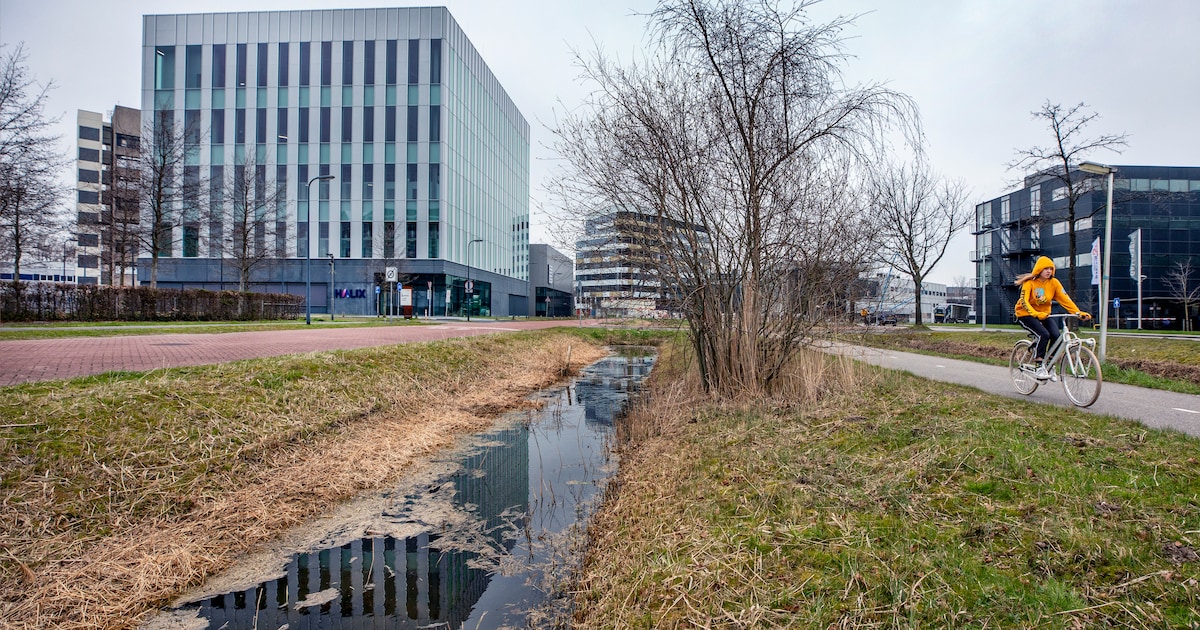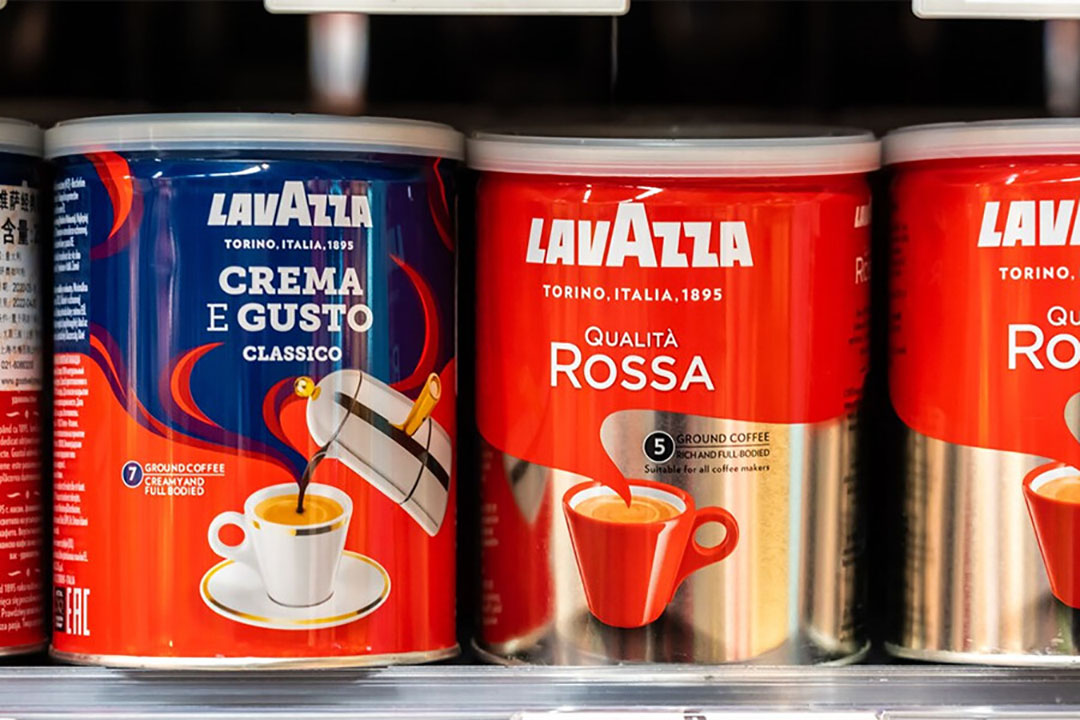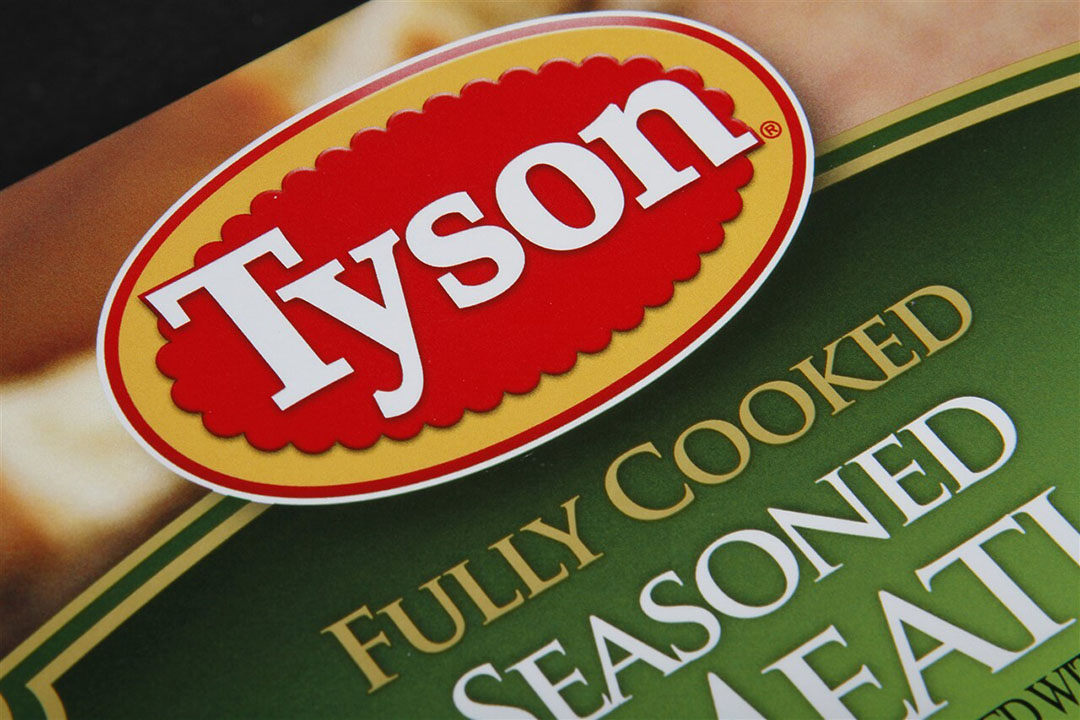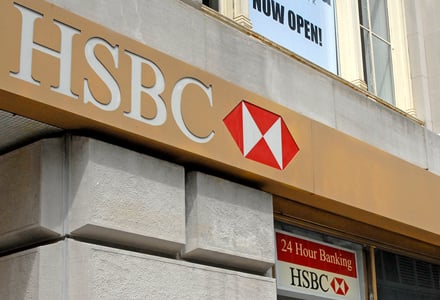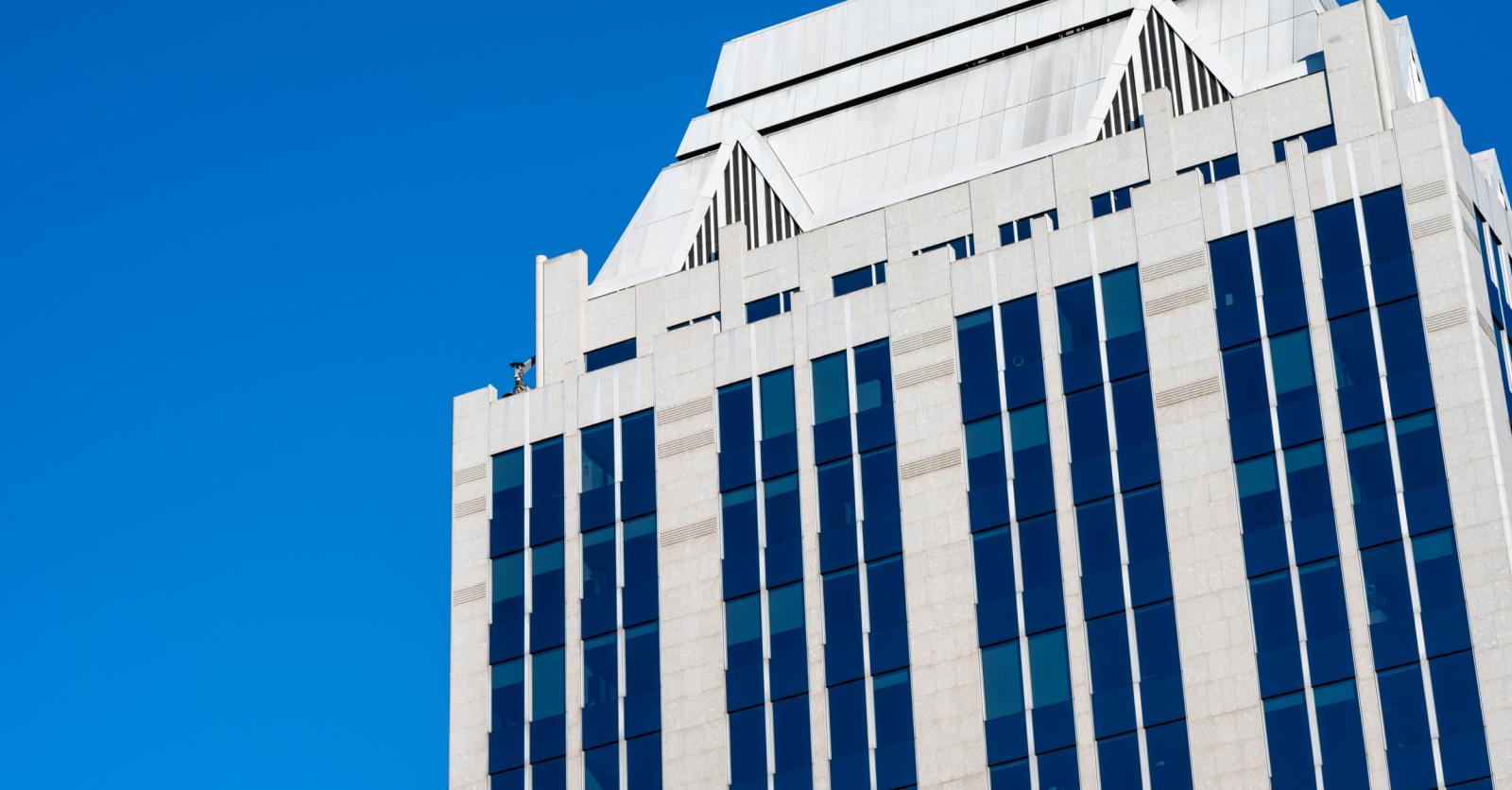On the fourth floor of Halix’s new offices, on the Tinbergenweg in Leiden, goods are being made that the UK and the European Union cannot currently supply: the active substance of the AstraZeneca vaccine. Both blocks claim to be the first blocks to receive new shipments of AstraZeneca.
What is certain is that millions of doses are waiting to be delivered (and put into vials) in Leiden, but the exact number remains unclear. Diplomats in Brussels are also unconvinced and at best offer reasonable estimates. The most frequently mentioned number: about four million.
Halix, a company with about 80 employees, is tight-lipped, as is AstraZeneca, which engaged Halix to produce the vaccine fluid. “I have to sign 36 confidentiality agreements, and I still have time to retire,” said an AstraZeneca insider. Every word is sensitive now as Halix has become a plaything in the dispute between Brussels and London over vaccine imports and exports, and AstraZeneca’s inability to fulfill promises it has made to the European Commission.
Wasp sting
Halix is a spin-off of HAL Allergy, which started in 1959 as ‘Haarlem Allergen Laboratory’, focusing on immunotherapy for an arsenal of allergies: pollen, peanuts, wasp stings, house dust mites, mold, birch, shrimp and so on. Nine-year-old Halix is the kind of pharmaceutical contractor who helps develop and produce viral vectors, harmless delivery viruses often used in vaccines, on behalf of big players like AstraZeneca.
It was because of this useful expertise that the Ministry of Health, Welfare and Sport visited Tinbergenweg last May. Discussion topic: does Halix still need investment to be able to produce vaccines on a large scale? A few weeks later it turned out that the Dutch government was no longer needed. Halix has contracted AstraZeneca to produce the Oxford vaccine, as one of two factories (along with one in Seneffe, Belgium) in mainland Europe.
Amazingly, ten months later the company still does not have official permission from the EMA to act as a manufacturer of AstraZeneca (while waiting for that permission, the company is allowed to start production). AstraZeneca waited a long time to file the correct papers. Halix is expected to get the green light this week or next week.
Whose is it?
And this also means millions of vaccines will be released. This is ours, the British believe, because the factory in Leiden is part of the UK production chain according to the contract made in London, and because, according to the same contract, the vaccine made in that chain is the first for the UK. islanders and just for everyone else.
No, the vaccines are ours, according to the European Union, because the contracts agreed in Brussels also stated that European vaccines could come from Leiden, and because AstraZeneca could not fulfill the promised deliveries, it once again had to cross the bridge. In the first quarter, Europe received not 120 million but 30 million vaccines. The plan for the second quarter is not 180 million, but less than 70 million. Meanwhile, the UK has received all the promised vaccines.
The lack of reciprocity is also a grievous problem for the European Union. The UK has received the AstraZeneca vaccine from mainland Europe, while not a single drop of AstraZeneca vaccine has been sent in the opposite direction from the two UK factories in Keele and Oxford.
The impasse prompted a Brussels official to complain to the Reuters news agency: ‘This is not Britain’s fault. This is not the EU’s fault. Everyone is trying to reach an agreement with companies that think their production capacity is too high.’
Busy call
European leaders are now threatening to block possible exports. As soon as Halix wants to deliver the vaccine across the Channel, the company must report this to the Health and Youth Inspectorate (IGJ), which will then report this to Brussels. The Dutch government should officially ban Halix (and also AstraZeneca) from transporting vaccine ingredients out of the EU. Despite the agreement, the European Commission has the final say on the matter.
To prevent such an increase – and to secure vaccines for Britain – British Prime Minister Johnson has been busy on the phone since this weekend with Prime Minister Rutte and with French President Macron and German Chancellor Merkel, who supports tighter exports. policy.
Rutte and his Belgian counterpart De Croo, as leaders of the two EU countries where the AstraZeneca vaccine is being made, are caught between two teeth. They are said to be worried that the UK-Brussels vaccine dispute will disrupt global production chains. The UK’s latest proposal – let’s share vaccines from Leiden – is now being discussed at a high level.

“Incurable alcohol fan. Proud web practitioner. Wannabe gamer. Music buff. Explorer.”

